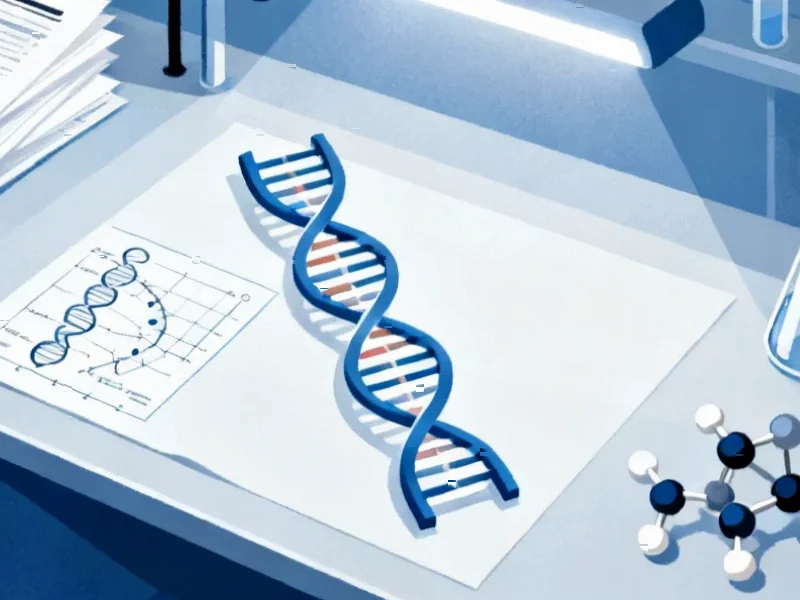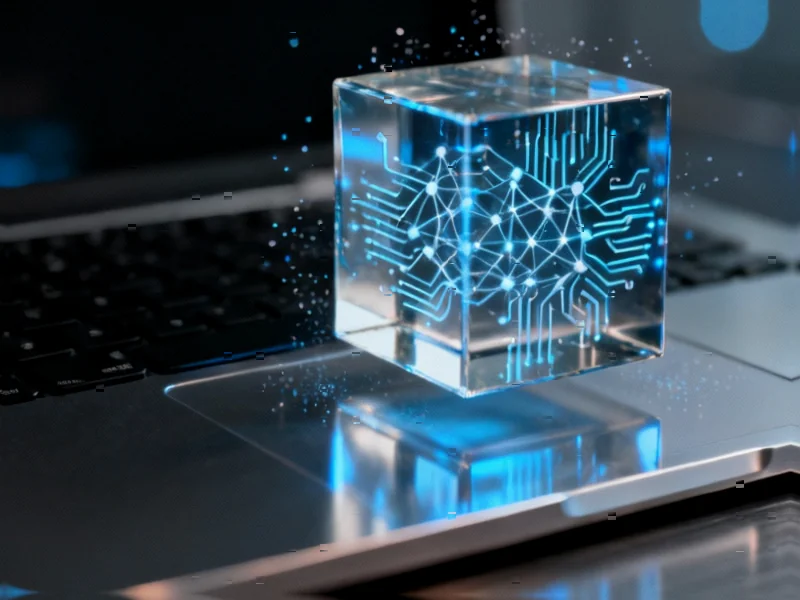According to VentureBeat’s exclusive look at BairesDev’s upcoming Dev Barometer report, 65% of senior developers expect AI to completely redefine their roles in 2026. The quarterly global survey of 501 developers and 19 project managers found that 74% anticipate shifting from hands-on coding to solution design, while 61% plan to integrate AI-generated code into their workflows. Despite widespread adoption, only 9% of developers trust AI-generated code enough to use it without human oversight, with 56% describing it as only “somewhat reliable.” BairesDev CTO Justice Erolin emphasized that AI saves developers about eight hours weekly on tasks like code scaffolding and unit tests, freeing them for higher-value architecture work where AI still falls short.
From Coders to Architects
Here’s the thing – we’re witnessing a fundamental restructuring of what it means to be a software developer. The days of measuring productivity by lines of code are basically over. Instead, developers are becoming system architects who think holistically about how components fit together. AI handles the repetitive coding that used to occupy junior engineers, while senior developers focus on strategy and design. Erolin noted something fascinating – teams with senior engineers using AI tools are now outperforming traditional senior-plus-junior setups. But that raises an important question: what happens to the talent pipeline if we’re not hiring junior developers anymore?
The Trust Gap
Despite 92% of developers already using AI-assisted coding tools, there’s a massive trust gap. Only 9% would use AI-generated code without checking it first? That’s pretty telling. Developers clearly see AI as a powerful assistant rather than a replacement. Erolin pointed to the “context window” limitation in large language models as the biggest constraint – these systems struggle to reason across entire complex systems. So while AI can generate decent code snippets, it can’t yet grasp the full architectural implications. This is where human oversight becomes absolutely critical, especially for security and integration concerns.
Upskilling and New Roles
The survey reveals some surprising benefits beyond just time savings. 74% of developers said AI actually strengthened their technical skills, while 50% reported better work-life balance. Erolin described AI as becoming “a top use case for upskilling” – developers use it to learn new technologies faster and fill knowledge gaps. Looking ahead to 2026, 63% expect new career paths to emerge, and 59% anticipate entirely new specialized roles. The future belongs to what Erolin calls “T-shaped engineers” – people with broad system knowledge and deep expertise in specific areas. Companies like BairesDev are already adapting their staffing models to this new reality, providing clients with specialized engineers who combine AI fluency with strategic thinking.
The Long Game
Erolin dropped what might be the most important warning in the entire report: if we stop hiring junior engineers because AI can handle entry-level tasks, we’ll face a senior engineer shortage in ten years as current leaders retire. That’s a sobering thought. The industry needs to figure out how to maintain its talent pipeline while embracing AI efficiency. The most successful developers moving forward will be those who learn to collaborate with AI rather than compete against it. They’ll understand both its capabilities and limitations, using it to enhance rather than replace their critical thinking. Basically, it’s not about fighting the AI wave – it’s about learning to surf it.





I don’t think the title of your article matches the content lol. Just kidding, mainly because I had some doubts after reading the article.